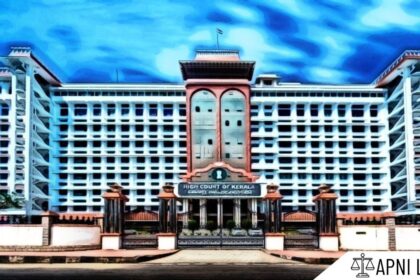Code
Whoever, with the intention of inducing or compelling the 1 [President] of India, or 94 [Governor 3 *** ]of any 4 [State], 5 *** 6 *** 7*** to exercise or refrain from exercising in any manner any any of the lawful powers of such 100[President or 2 [Governor 3 ***]],
assaults or wrongfully restrains, or attempts wrongfully to restrain, or overawes, by means of criminal force or the show of criminal force, or attempts so to overawe, such 8[President or 2 [Governor 3 ***]],
shall be punished with imprisonment of either description for a term which may extend to seven years, and shall also be liable to fine.
Explain it
This section criminalizes any physical attack on the President or a Governor of any Indian state. It is a **non-bailable offense**, meaning the accused cannot be released on bail automatically. The offense is classified as a **cognizable offense**, which means the police can arrest the accused without a warrant.
The section aims to protect the head of state and the head of a state government from physical harm. This is crucial for ensuring the smooth functioning of the government and maintaining public order.
Illustrate it
- A person throws a stone at the President’s car during a public event.
- An individual physically assaults the Governor of a state while he is giving a speech.
Both these actions would be considered offenses under Section 124 IPC.
Common Question and Answers
Q: What is considered an “assault” under this section?
A: Any physical contact or act that causes apprehension of immediate harm is considered assault. This includes hitting, kicking, pushing, or even spitting at the President or Governor.
Q: Can someone be charged under this section for verbal abuse?
A: No. This section only applies to physical assaults. Verbal abuse, however offensive, is not covered.
Q: What are the possible punishments for this offense?
A: The punishment can range from imprisonment for life to ten years, along with a fine.
Q: Can this section be applied to attacks on other high-ranking officials?
A: No, this section specifically applies to the President and Governors. Attacks on other officials may be covered under different sections of the IPC.







